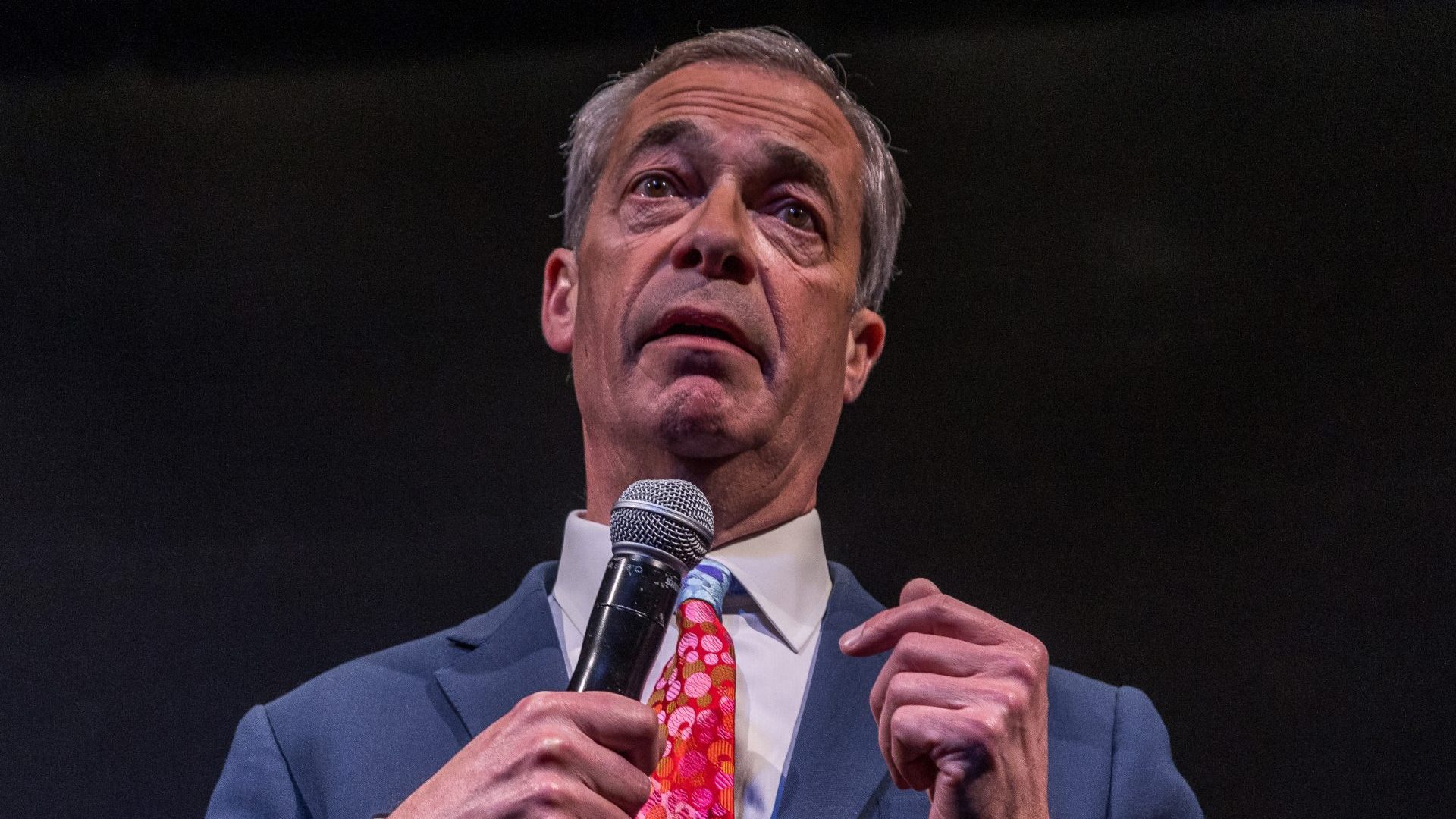“Thank God for Brexit!” With that rallying cry, Nigel Farage summed up a few days of spectacular vindication for his great project – in the minds of the terminally wrong, at least.
After a conference of dog-whistling deadbeats was temporarily shut down by the mayor of a 27,000-population region of Brussels, Farage popped up to claim that this somehow justified Britain’s decision to turn its back on its closest trading partner, with 448 million potential customers. The right to share a platform with people even more unpleasant than himself was “what Brexit was about”, Nasty Nigel said.
Meanwhile, with her typically impeccable logic, Liz Truss told the Spectator: “What we’ve done by leaving the EU is expose the fact that Whitehall itself is an unresponsive bureaucracy. Whereas previously, everybody blamed it on the EU”. In short: The best thing about leaving the EU was that it proved our problems didn’t lie with the EU at all.
So, Brexit was really about free speech all along. Or it was really about exposing the deep-seated flaws in the civil service all along. Or – as is claimed repeatedly by Jacob Rees-Mogg, Lord David Frost and Wetherspoon chairman Tim Martin – it was really about sovereignty all along.
Which is odd, because in 2016 I seem to remember that Brexit was not about abstract concepts like these, but about cutting NHS waiting lists and reducing immigration (how’s that working out, by the way?). And it was Remainers who dealt in vague notions – pluralism, unity, progressiveness – while ordinary people just wanted change that they could feel.
One large group of ordinary people who now need change more than ever are those who rely on prescribed medicine to survive, or to improve their quality of life. On Thursday, the Nuffield Trust think tank reported that shortages of prescribed drugs has doubled since we officially left the EU in 2020.
While there are a series of reasons for this, including Covid and global inflation, the Nuffield Trust found Britain less able to cope with the shortages since Brexit, which has caused border frictions and a slowing in the approval of new drugs after we chose to leave the European Medicines Agency. As a result, the think tank said, drug shortages are now the “new normal” in the UK.
Unlike sovereignty, the war on woke and the uncovering of the deep state, here is a tangible, everyday problem harming millions of people. Likewise food inflation, labour shortages, trade red tape and crises in seemingly every sector from farming to higher education. All have been partly caused and/or made worse by Brexit.
The retreat from promises of real achievement to vague theoretical waffle offers both proof that Brexit has failed and a signal that it is now time to reverse course. No wonder Rejoin leads Stay Out by 62%-38% in pollsters WeThink’s latest tracker, while 87% of young people in the UK want to reverse Brexit, according to new polling by Savanta for ITV’s Peston show.
When Farage said this week that the actions of “nasty people” had ended up doing Britain’s cause “an enormous favour”, he was closer to the truth than he might have thought.










